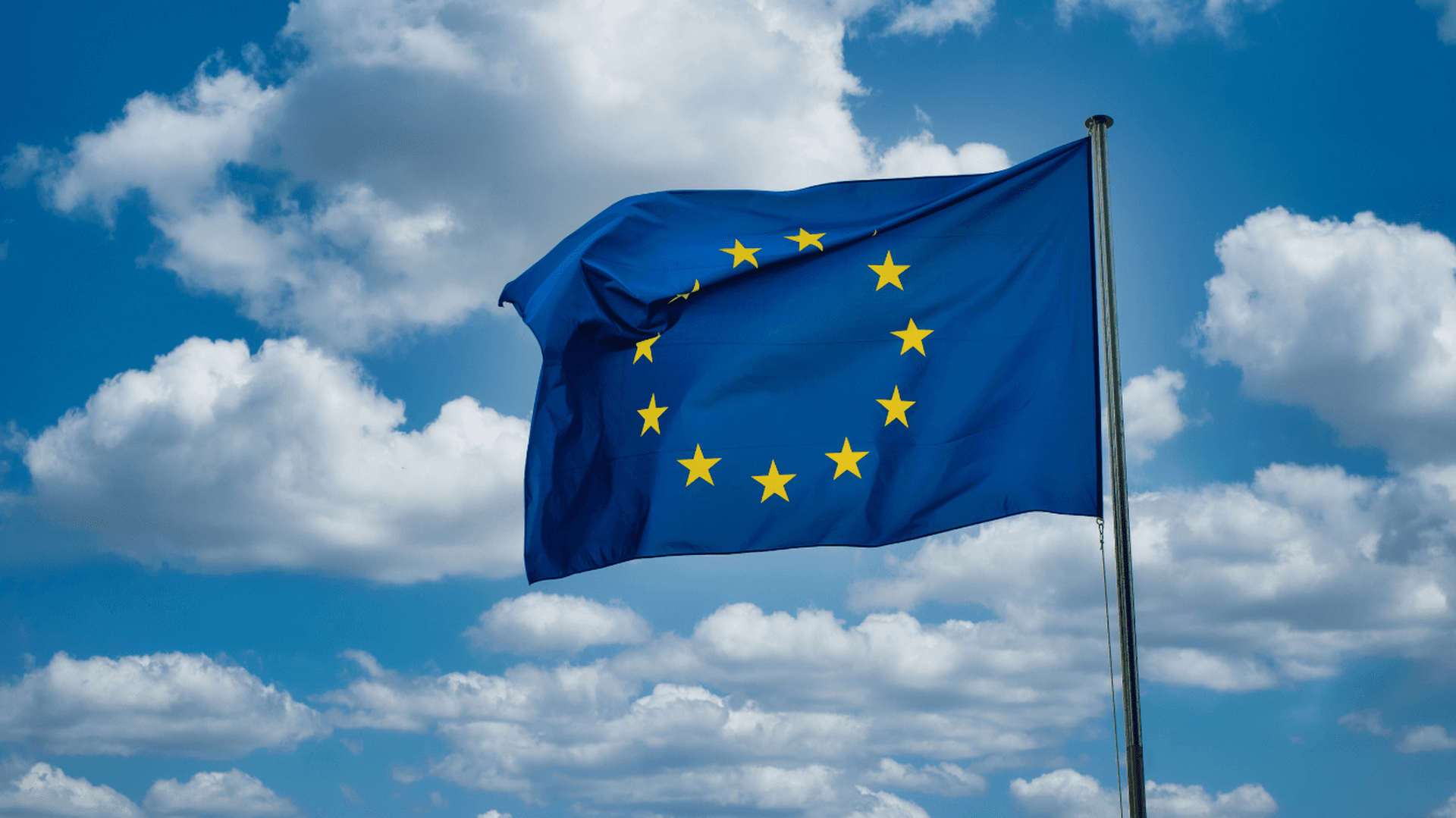The Single Market Emergency Instrument is now in the trialogue negotiations
The original proposal for the Single Market Emergency Instrument (SMEI) was first presented by the European Commission in September 2022. Following long and intense discussions, the file has now entered the trialogue negotiations.

The Confederation of Swedish Enterprise endorses the general objective of the SMEI in keeping borders open and upholding the free movement of goods, services and people in times of crisis. However, along with Business Europe and other European business organisations, Swedish Enterprise has been highly critical to the wide scope of the instrument, the proposed shift of powers from the Council to the Commission and the potential for interference with companies’ strategic reserves, orders and supply chains.
However, the Confederation remains optimistic over the outcome of the autumn trialogue negations during, as the amendments made by the Council and the European Parliament will make the instrument much more reasonable.
First, on the subject matter (Article 1); here, the Council as well as the European Parliament have deleted the original reference to supply chains, narrowing it down to a specific emergency instrument. This is a welcome change. The deletion of all references to supply chains was one of the main arguments on the part of European industry. The freedom to choose the best supply chain is a fundamental aspect of running a business, and should not be part of any emergency instrument.
Second, the Article on the strategic reserves to be held by Member States and companies (Article 12) was deleted by the Council and rephrased by the European Parliament (new Article 8a). It now encourages, rather than forces, Member States to enhance their efforts to maintain sufficient stocks of goods of critical importance – a much more realistic approach. Here, Swedish enterprise supports the Council; stockholding in companies is part of their business strategy and competitiveness, hence it is not something that should be forced upon them. Likewise national stockholding s a matter of national security based on domestic finances. Here, Member States should keep the mandate to choose the best solution for themselves.
Third, the free movement Articles (Article 16 and 17) have been improved both by the Council and the European Parliament, reducing the potential derogations for Member States to close borders in crisis situations. Swedish Enterprise prefers the leaner texts from the Council, which makes for better legislation, but appreciates the intention in the wording by the European Parliament. This maintains strong pressure on the Member States to keep their borders open and places an obligation on Member States to keep business informed over planned measures.
Fourth, the information requirements imposed on companies have, in principle, been revised by the Council and the European Parliament. This means that previously mandatory requirements are now, in principle, voluntary. Clearly, companies will provide the information needed to avoid a crisis or reduce its impact. However, any information requirement placed on businesses when there is a crisis will create an extra burden at a time when their focus should be on maintaining business continuity and supporting their employees. Therefore it can only cover voluntary requirements.
However, some serious concerns still remain. The Article giving the Commission a mandate to decide on priority-rated orders within companies (Article 27) was deleted by the Council, but was passed in the European Parliament. Here, the legislators have apparently failed to understand the negative impact that such a clause may have on European companies’ competitiveness on the international market. Despite making the requirements voluntary and stating the right for appropriate compensation, the wording in the Article undermines the faith in European companies’ ability to solve a crisis. IN addition, the proposed fines for operators failing to comply with the priority-rated orders (Article 28) are unacceptable.
Swedish Enterprise will continue to follow the development of the SMEI and to promote an instrument that focuses on the free movements of the Single Market and safeguards the competitiveness of European companies.